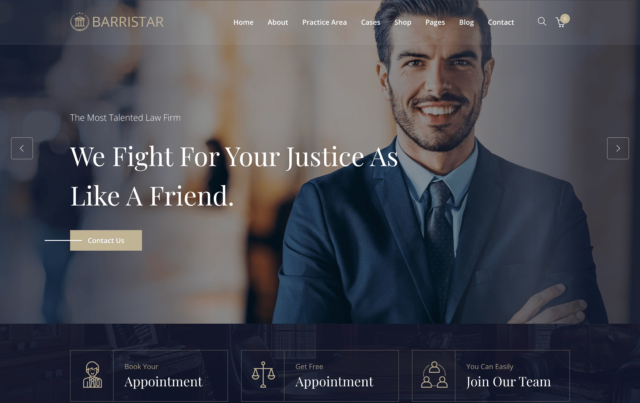The holidays are approaching which creates stress within the family. Divorce rates sadly and unfortunately skyrocket after the holidays due to not wanting to disrupt holidays for the family.
Divorce is one of the most stressful and emotionally charged experiences a person can go through. As a divorce attorney, your website content must resonate with potential clients who are under immense stress, offering them not only legal guidance but also emotional support. Here’s how you can create meaningful and relevant content that connects with those in need of your services.
Understanding the Emotional Landscape
- Empathy and Sensitivity:
- Acknowledge the Emotional Strain: Begin by recognizing the emotional turmoil your potential clients are experiencing. Use compassionate language that shows you understand their pain and are there to support them.
- Offer Reassurance: Reassure your readers that seeking legal help is a positive step towards a better future. Let them know that you are there to guide them through this difficult time.
- Identifying Common Concerns:
- Fear of the Unknown: Address the common fears associated with divorce, such as concerns about children, finances, and future stability.
- Need for Support: Highlight the importance of having a strong support system, both legally and emotionally, to navigate the divorce process.
Creating Relevant and Authentic Content
- Educational Blog Posts:
- Step-by-Step Guides: Write comprehensive guides that explain the divorce process, including initial consultations, filing procedures, and court appearances. Break down complex legal terms into easy-to-understand language.
- FAQs: Develop a frequently asked questions section that addresses common queries about divorce. This can help alleviate some of the immediate concerns your potential clients may have.
- Emotional Support Content:
- Coping Strategies: Share articles on coping strategies for dealing with the emotional aspects of divorce. Include tips on managing stress, maintaining mental health, and seeking support from friends and family.
- Personal Stories: Include anonymized client testimonials or case studies that show how you have helped others through their divorces. Real-life examples can provide hope and reassurance.
- Interactive Content:
- Checklists and Worksheets: Provide downloadable checklists and worksheets that help clients organize their thoughts, documents, and next steps.
- Interactive Quizzes: Create quizzes that help potential clients assess their readiness for divorce or identify their main concerns. This can engage users and provide personalized advice based on their responses.
Establishing Trust and Credibility
- Showcase Your Expertise:
- Attorney Bios: Include detailed biographies of your attorneys, highlighting their experience, specialization in family law, and commitment to client care.
- Professional Credentials: Display any awards, certifications, and memberships in professional organizations to build credibility.
- Transparent Communication:
- Clear Contact Information: Ensure that your contact information is easily accessible. Offer multiple ways for clients to reach you, such as phone, email, and contact forms.
- Responsive Design: Make sure your website is mobile-friendly. Many clients will access your site from their phones, and a responsive design ensures they can navigate it easily.
- Client Testimonials and Reviews:
- Positive Feedback: Encourage satisfied clients to leave reviews and testimonials. Display these prominently on your website to build trust with potential clients.
- Respond to Reviews: Engage with clients by responding to their reviews, showing that you value their feedback and are committed to improving your services.
Promoting Your Content
- Social Media Engagement:
- Share Regularly: Share your blog posts, guides, and other content on social media platforms like Facebook, LinkedIn, and Twitter. Tailor your content for each platform’s audience which will also help your organic search engine rankings.
- Engage with Followers: Respond to comments and messages on social media to build relationships and trust with potential clients.
- Email Newsletters:
- Regular Updates: Send regular newsletters with updates, legal tips, and news relevant to divorce and family law. This keeps your firm top-of-mind for potential clients.
- Personal Touch: Personalize your emails to make them feel more relevant and engaging to your subscribers.
- Collaborations and Guest Posts:
- Partner with Professionals: Collaborate with mental health professionals, financial advisors, and other experts to provide comprehensive content that addresses all aspects of divorce.
- Guest Blogging: Write guest posts for reputable family law and divorce websites to increase your visibility and drive traffic back to your site.
Conclusion
Creating meaningful and relevant content for a divorce attorney website involves more than just providing legal information. It requires a compassionate approach that addresses the emotional and psychological needs of your potential clients. By understanding their concerns, offering empathetic support, and establishing your expertise, you can build a strong connection with those who are seeking help during one of the most challenging times in their lives. Through thoughtful content and strategic promotion, you can position your firm as a trusted ally and guide, making a positive impact on your clients’ journeys toward a new beginning.








